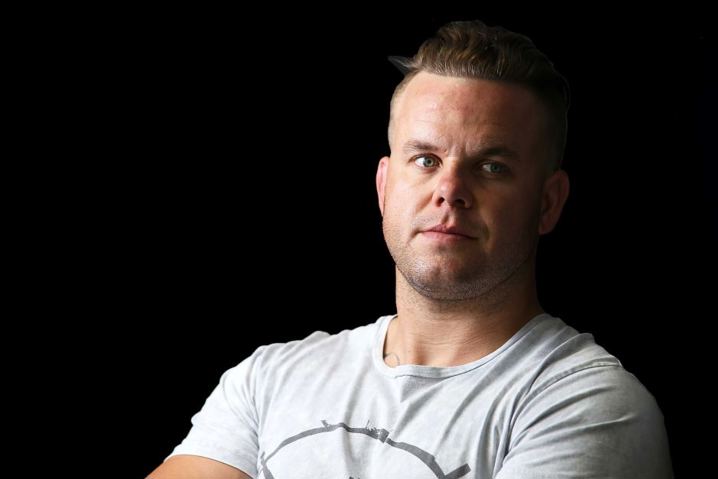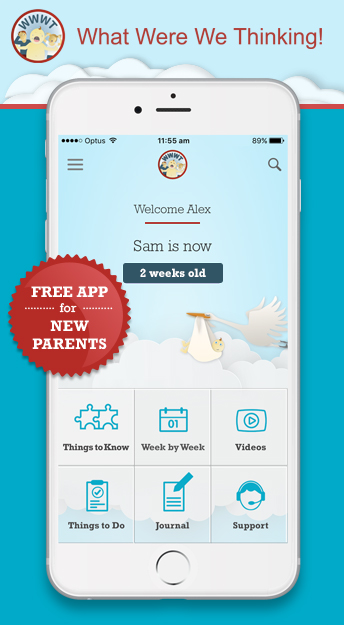Dads, it's okay to ask for help
By Dan Hunt

Fathers are often overlooked when it comes to post-natal depression (PND) and from my experience, they can be having just as much difficulty as a new mum adjusting to the massive change that’s taking place in their life.
When it comes to PND, which someone very close to me has suffered from, my understanding is that the transition from life being all about you to being about someone else can be difficult to manage.
As a young guy, a young dad, so much will change for you when you have a baby. Your life will go one minute from being about you to suddenly being about a child. Something that is greater than you. Something that relies on you purely to survive. Your routine, your social life, your relationships – with your mates as well as your partner – are all going to change.
From my experience as both a father and having seen PND first hand, it’s a huge thing to become a parent. Lack of sleep, lack of a social life, lack of alone time – these things are of course going to impact your health and state of being. And I think talking about all of this should be encouraged and not swept under the rug.
I’d almost say it’s harder for men who have PND to talk about it because there’s such a stigma about a bloke speaking up about this kind of thing. Women are very used to talking to other women about their feelings whereas men, or it appears like this anyway, don’t do that as much.
Young men are definitely a group within our society that mental illness tends to target as they’re less likely to speak up about their feelings or put their hands up and say they need help. If you then go and throw in an additional circumstance, like having a baby, there’s certainly a risk that their mental health will become unbalanced.
Society creates an impression that if you do struggle with PND it’s a bad thing and you’re a bad parent. That can then heighten the depressive feelings or what’s going on inside for that person.
Mental health is defined as affecting how we think, act and feel along with how we relate to stress and our relationship with others. So if any of those are being affected, for a period of longer than two weeks, I would strongly encourage you to seek some help. Don’t be afraid to put your hand up and say, “Hey, I’m not feeling too well,” or “I’m struggling here and I don’t know what to do.” There is nothing wrong with asking those questions.
Sometimes it might be hard as a new dad to speak to your wife or partner about these kinds of things as they too might be struggling. You might think they’ll be dismissive and blow up at you. So in cases where you feel like that I’d suggest speaking to a close mate and asking them for help, or speak to someone you know who’s been through it. There are definitely doctors and organisations and institutes out there that specialise in this sort of thing and can offer you the support you need. A good place to start is with your GP.
With all mental illness, including PND, we often worry so much about what other people think and spend so much time trying to cover what’s going on for us inside by putting on a ‘mask’. Just imagine if we redirected that energy into trying to get better or trying to get help or the positive things we could put in place in our lives? I think we mightn’t reduce the prevalence of it happening as such, but we might reduce the severity or the stigma attached.
My advice to new dads struggling with the transition is to put your hand up. Ask for help. It takes a stronger dad to ask for help than to sit there and suffer in silence.
Dan Hunt is a celebrated retiree of the NRL's St. George Illawarra Dragons, an NRL State Of Mind Ambassador, a champion of The Black Dog institute and a loving father.
Posted in: A new reality Dads Public Figures Your needs








